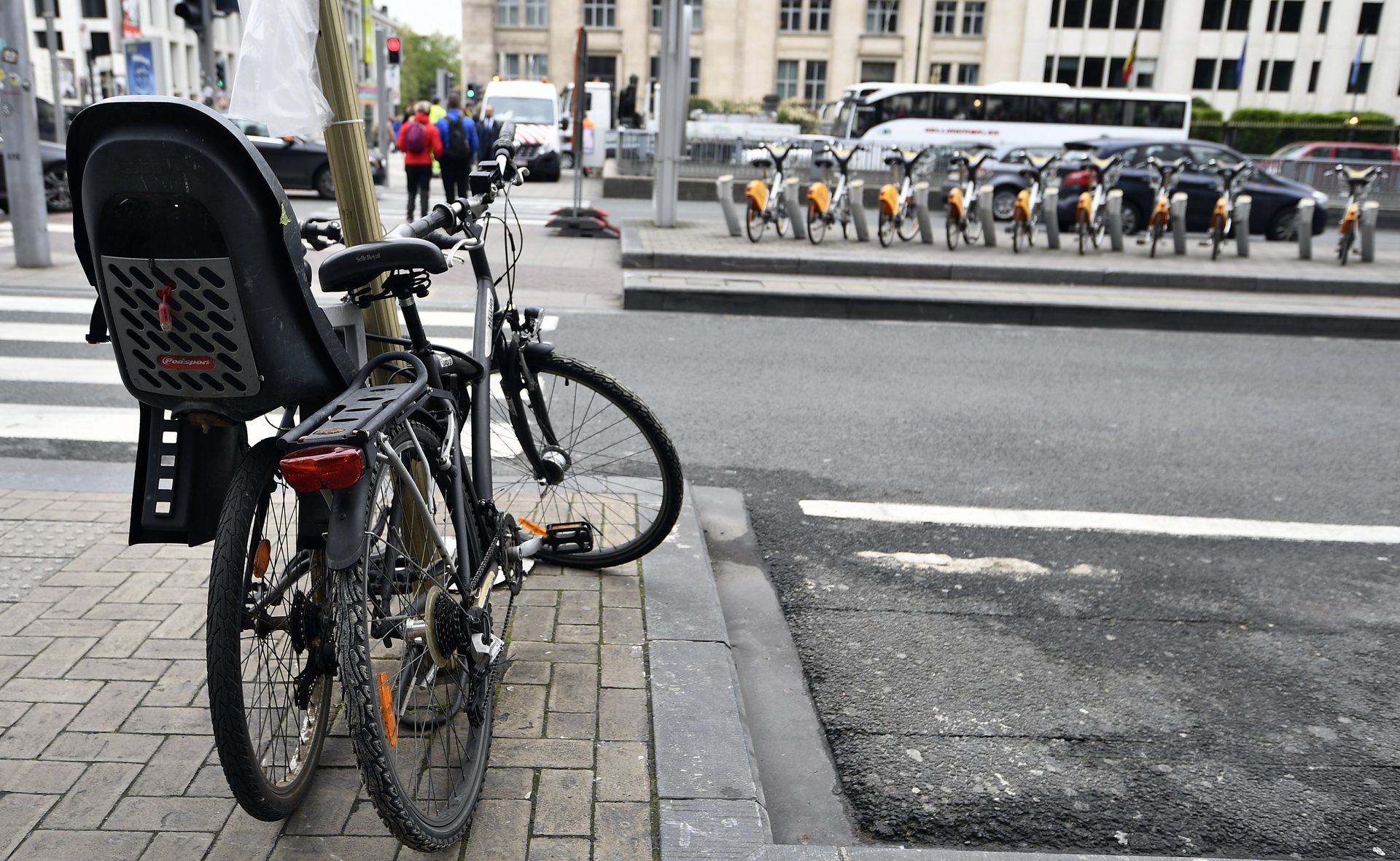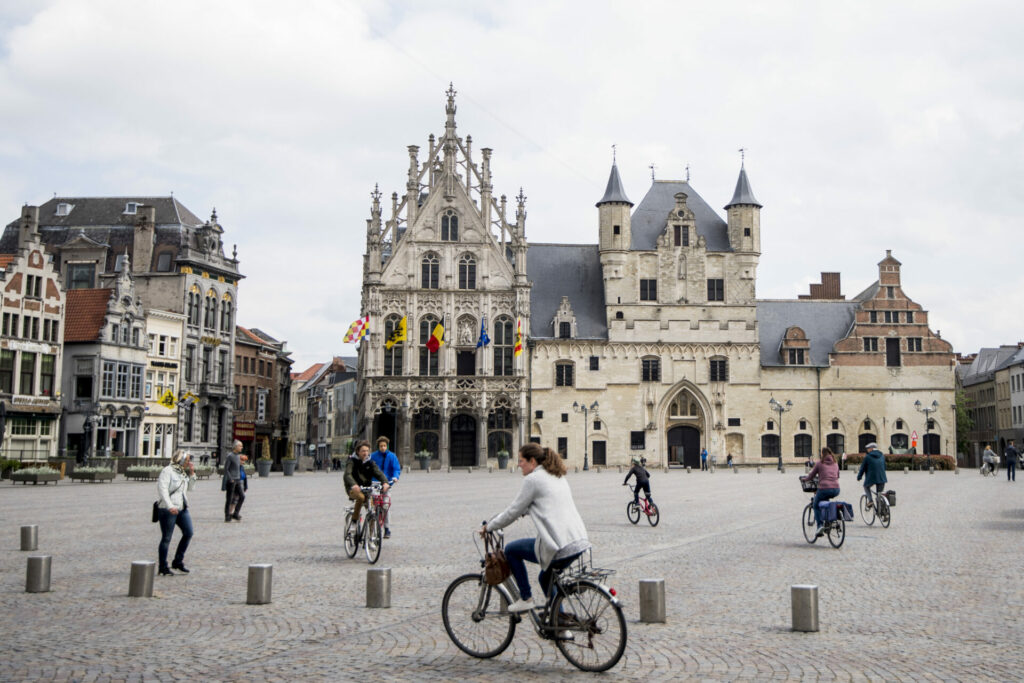Belgium is further reinforcing its battle against bicycle theft by making it easier for police to use so-called "bait bikes" to increase the chances of catching thieves.
While cycling has grown massively in popularity since the pandemic, the theft of these vehicles continues to pose an obstacle for people looking to make the switch from fossil-fuelled vehicles to two-wheelers. Some 60 bicycles were reported as stolen every day on average last year, but very few incidents are reported as many believe this is of no use, meaning the actual number is probably much higher.
In other major cities across the world, from London and Paris to Vancouver and Boston, so-called bait bikes have been used for years. Police plant such decoy bicycles equipped with GPS trackers to lure would-be thieves. Once the bike is stolen, police are able to trace it to its location and apprehend the culprit.
In Belgium too, the bait bicycle system is already being used to a limited extent by some police zones, such as in Ghent, but its use legally falls under the special investigation methods (BOM), which can only be applied if there are indications of organised crime, meaning it cannot be used for all thefts.

Bicycles parked in the city centre of Brussels. Credit: Belga/ Eric Lalmand
The law also states that a BOM magistrate must authorise the placement of such a decoy bike each time, while a specific official report must always be drawn up. Many local authorities and police districts called for the rules to be relaxed, arguing that the law prevented them from exploiting the full potential of the decoy bicycle.
Justice Minister Vincent Van Quickeborne has now responded to these requests by removing this specification from the law. "Fewer cumbersome procedures and less administrative workload should ensure that the decoy bike is deployed more systematically by the local police," he said, adding that once bait bicycles are used more frequently, it will likely have a preventive effect, deterring thieves.
Since last year, police have been able to hand bicycle thieves on-the-spot fines of €250 to end these crimes going unpunished. Meanwhile, the various regional administrations are working together to create MyBike, a free central bicycle register on which owners can log the details of their bicycle and file a report, as well as check whether a second-hand bicycle has been reported as stolen, which is hoped will help stop the vicious circle created by underreporting of thefts.

